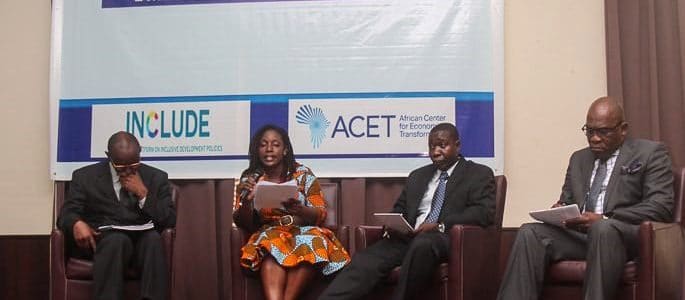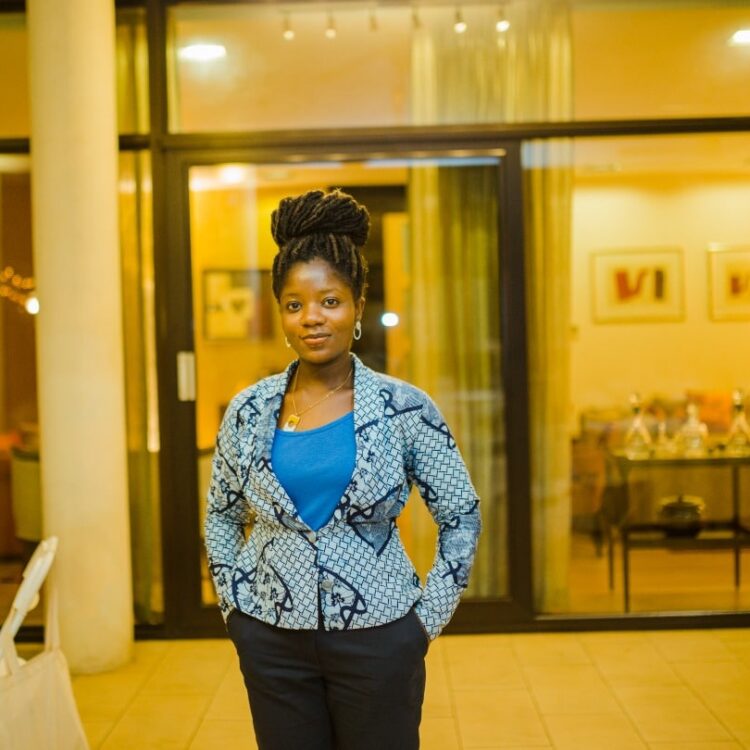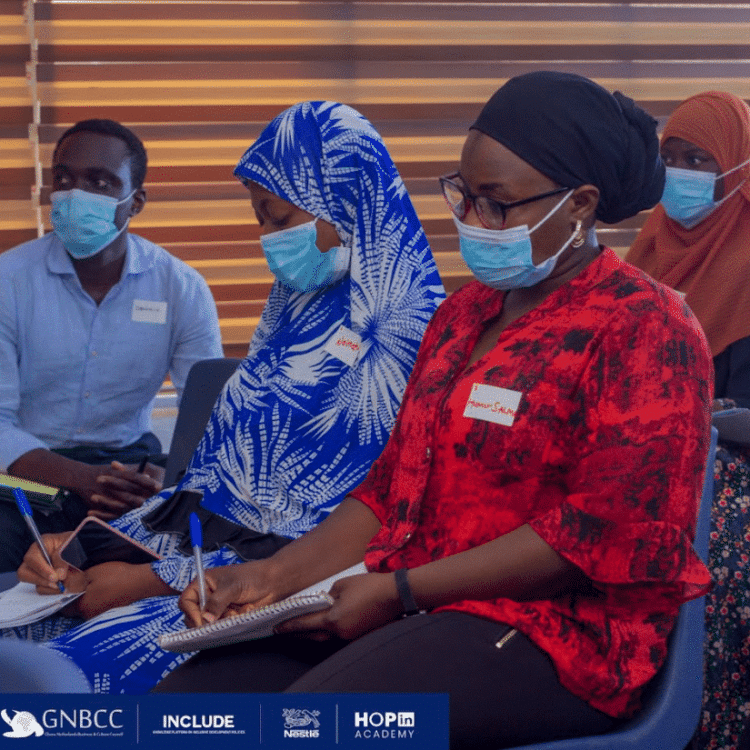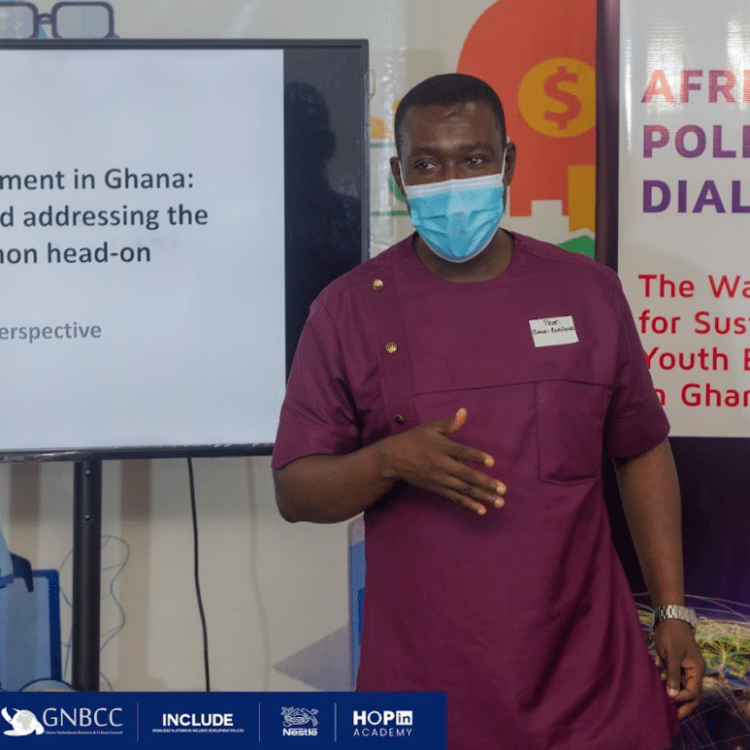
In research on strategic actors for inclusive development, the analysis of power and power relations should be central. Why do some actors succeed in making development inclusive while others fail? To highlight this issue for research, the INCLUDE Secretariat organized a synthesis workshop with the research groups on strategic actors. The aim was to kick-off the process of synthesising the research findings on this theme in preparation for the synthesis paper that the Secretariat is currently writing. As well as the analysis of power relations, the workshop looked at what the research projects have in common and how they are different.
The political dimension is key to advancing inclusive development, as emphasized in INCLUDE’s concept note on state-of-the-art literature on strategic actors. Power analysis is, therefore, central to INCLUDE’s research agenda on strategic actors for inclusive development. However, so far, the policy briefs produced by the research groups have not yet extensively addressed this issue. To explicitly highlight the analysis of power relations and search for common ground and differences, the synthesis workshop in Leiden on 11 September discussed the findings of three research groups: Inclusive business strategies in Africa, led by Addisu Lashitew; Economic empowerment and sex work, led by Lorraine Nencel; and Informal workers’ political leverage, led by Mayke Kaag. The findings of the other two research projects on strategic actors – Barriers to Batwa inclusion in Rwanda and Agricultural partnerships – will also be included in the synthesis report.
Agree to disagree?
The workshop showed that the research groups hold different views on when actors can be considered strategic in pursuing inclusive development. One line of thought is that strategic actors are those who consciously, or intentionally, strive for more inclusiveness. This point was raised particularly in relation to the private sector. A supporting argument is that inclusive business is more sustainable when it is the result of a conscious strategy. Another line of thought is that one should look at the results of an actor’s intervention, rather than the intention, to determine whether or not the intervention advances inclusive development. Actors may not intentionally seek inclusive development, but, nevertheless, make a valuable contribution, for example, by creating jobs or expanding services.
Key finding: the right mix
One overall shared conclusion of the research projects that became clear at the workshop is that success or progress does not depend solely on the actor, but also on the prevailing circumstances and contingencies. Different institutional and agency elements need to fall into place or converge to produce a positive result. Alliances and partnerships can contribute to boosting the strategic power of actors. Addisu Lashitew’s presentation showed that M-Pesa, the mobile banking system of Safaricom in Kenya, is a successful strategic actor for inclusive development because it has the power to create alliances with the right partners including, most importantly, the private sector and communities.
The focus on external circumstances as an important factor in strategic power may give the impression that success hinges entirely on coincidence and nothing much can be done to change this. This is not the case. It is more a matter of changing the way we think about identifying and supporting strategic actors for inclusive development. An actor is not strategic because of capacity and intentions alone. Rather, an actor is strategic when power relations can be worked in such a way that produces progress. In this sense the research projects confirm that inclusive development is not primarily the result of the faculties of a certain actor, but rather of the fruitful combination of certain institutional and agency elements. This finding led to the conclusion that the initial questions formulated by INCLUDE for the call for proposals, in particular, the question on which actors are strategic for inclusive development, need to be revisited.
The road ahead
Given the importance of power analysis, it is now the task of the Secretariat to bring this to the surface in the synthesis paper on strategic actors. The paper will be presented at a conference in December. Following up on the main finding of this workshop – that the central question from the call for proposals is not complete – the Secretariat will give explicit attention to the analysis of power and context in the synthesis paper. After publication, the paper will be made available on the INCLUDE website.




